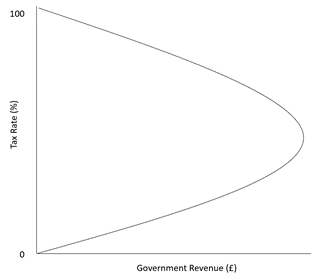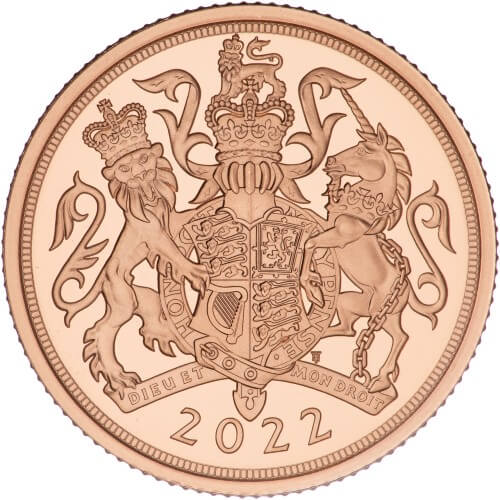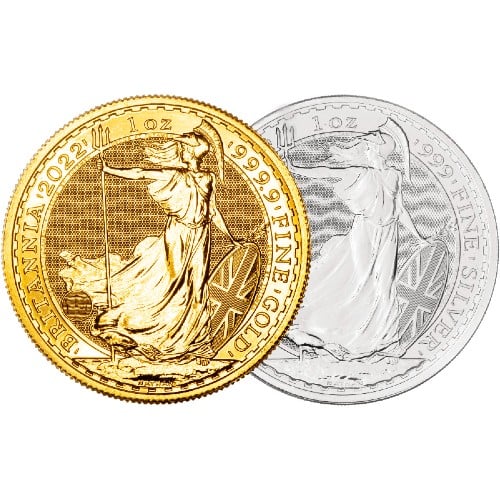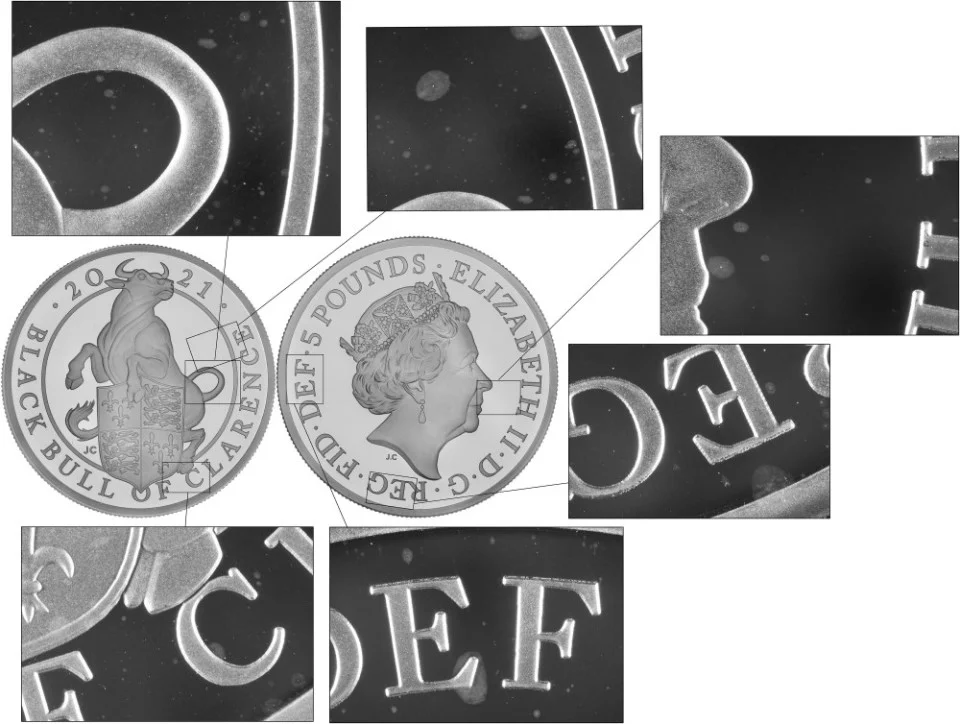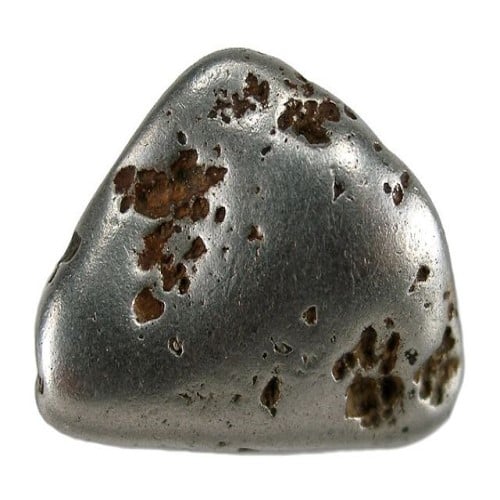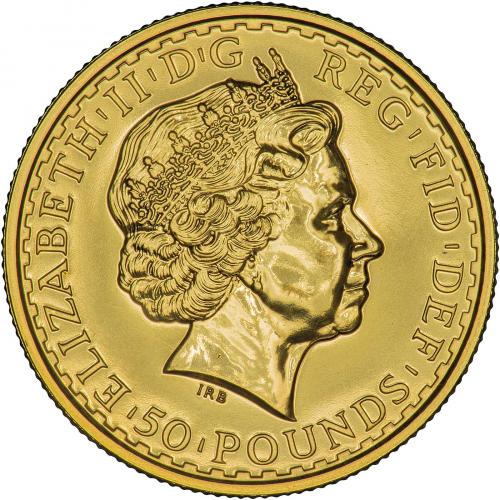What Is Bullion?
Synopsis
Bullion is a valuable asset, consisting of precious metals that are valued for their weight and fineness. Gold, silver, platinum, and palladium are the most common forms of bullion. Investing in bullion has potential for appreciation and acts as a hedge against inflation, but also comes with volatility and storage and insurance costs. It is important to purchase bullion from reputable dealers and understand the market before making any investments.

The Chards Definition of Bullion
Bullion is a term used to describe precious metals such as gold and silver which are bought and sold at or close to the value of its metal content (intrinsic value). Bullion can be bought and sold as both coins and bars. Investing in bullion, as opposed to buying coins for their numismatic interest or their collectible value, is the safest and cheapest way to invest in gold.

What is Bullion?
Bullion, a term used to describe precious metals that are valued for their weight and purity rather than for any collectible or numismatic value. Understanding the definition of bullion, its types, and how it is traded is essential for anyone interested in investing in precious metals. The most common types of bullion are gold, silver, platinum, and palladium, but other metals can also be considered bullion. It is a term that tends to be reserved for gold and silver that is at least 99.5% and 99.9% pure. There are differing definitions of bullion, and some are listed below:
Oxford English Dictionary
Gold or silver in large amounts or in the form of bars.
Wikipedia
Bullion is non-ferrous metal that has been refined to a high standard of elemental purity. The term is ordinarily applied to bulk metal used in the production of coins and especially to precious metals such as gold and silver. (source)
Investopedia
Bullion is gold and silver that is officially recognized as being at least 99.5% pure and is in the form of bars or ingots. To create bullion, gold first must be discovered by mining companies and removed from the earth in the form of gold ore, a combination of gold and mineralized rock. The gold is then extracted from the ore with the use of chemicals or extreme heat. The resulting pure bullion is also called "parted bullion." Bullion that contains more than one type of metal is called "unparted bullion." (source)
The Origin of the Word Bullion
The origin of the word bullion comes from the French word "bouillon," which means "boiling." Historically, the term referred to the process of melting down metal to purify it and was a reference to the activity of a melting house. Today, the term bullion is used to describe bars or coins that are made of a specific weight and purity of precious metals. The value of bullion is determined by its weight, purity, and the current market price of the metal.
Where Does Bullion Come From?
Before it can become bullion, gold and silver must first be located and then removed from the ground by mining companies. Once extracted in the form of ore (a mixture of metal and rock), the gold or silver must then be "parted" from the rock. This is achieved through the use of chemicals or extreme heat. After the pure metal is removed from the rock, the resulting pure bullion is also called "parted bullion."
Types of Bullion
Different types of bullion include gold, silver, platinum, and palladium. Gold bullion is the most popular form of bullion and is valued for its beauty and rarity. Gold bullion can be traded in the form of coins, bars, or even ETFs (Exchange-Traded Funds). Silver bullion is another popular form of bullion and is valued for its industrial uses as well as its beauty. Platinum and palladium bullion are also becoming more popular as investors look for alternatives to gold and silver.
Trading Bullion
Bullion can be traded in various ways, with the most common form being bullion coins. Bullion coins are minted by governments or private mints and are guaranteed to be of a specific weight and purity. They are often sold at a premium over the spot price of the metal. Bullion bars are another way to trade bullion. Bars are typically larger than coins and are also guaranteed to be of a specific weight and purity. Bullion ETFs, or exchange-traded funds, are another way to invest in bullion. These funds are traded on stock exchanges and track the price of bullion.
Advantages and Disadvantages of Investing in Bullion
Investing in bullion has its advantages and disadvantages. One of the main advantages of investing in bullion is that it can act as a hedge against inflation. As the value of currency decreases, the value of precious metals tends to increase. Investing in bullion also has the potential for appreciation, as the price of precious metals can increase over time. Bullion is also a liquid asset, which means that it can be easily bought and sold. There are numerous reasons to buy gold, many of which we cover elsewhere in our Why Buy Gold? section.
However, there are also disadvantages. For instance, bullion can be volatile; the price can fluctuate greatly. Storage and insurance costs can also be substantial as bullion is a tangible asset that must be stored and protected, although dealers like ourselves offer some extremely competitive storage rates to minimise this disadvantage. Additionally, bullion does not generate cash flow, unlike stocks or bonds.
Authenticity and Quality of Bullion
Another important aspect to consider when investing in bullion is the authenticity and quality of the bullion. It is crucial to purchase bullion from reputable dealers, and to ensure that the bullion is authentic and of the stated weight and fineness. Almost all gold and silver bullion will bear a mintmark - any bullion lacking this should be treated with caution. Many bullion dealers offer certifications or guarantees of authenticity and quality, which can provide added peace of mind for the investor.
Store of Value and Portability
One of the most significant advantages of investing in bullion is its ability to act as a store of value. Bullion has been used as a store of value for millennia, and its value has been relatively stable over time. This makes it an excellent option for those looking to preserve their wealth over the long-term. Additionally, bullion is not generally subject to the same level of volatility as other investments, such as stocks or real estate. Another important advantage of investing in bullion is its portability. Bullion can be easily transported and stored, making it an ideal option for those looking to safeguard their assets in case of unforeseen circumstances or unexpected events. Additionally, bullion can be easily converted into cash, which can be useful in times of financial hardship.
Final Thoughts
In conclusion, bullion is a valuable asset that can be an excellent option for those looking to preserve their wealth over the long-term. However, it is important to understand the definition of bullion, its types, and how it is traded before making any investment decisions. Additionally, it is important to purchase bullion from reputable dealers, and to make sure that the bullion is authentic and of the stated weight and fineness. Investing in bullion can be a great option for some people, but it's not for everyone. It's crucial to consult with a financial advisor and thoroughly research the market before making any investments. Remember, investing in bullion is a long-term strategy and it's important to be patient and not to be swayed by short-term market fluctuations.
Related Blog Articles
This guide and its content is copyright of Chard (1964) Ltd - © Chard (1964) Ltd 2025. All rights reserved. Any redistribution or reproduction of part or all of the contents in any form is prohibited.
We are not financial advisers and we would always recommend that you consult with one prior to making any investment decision.
You can read more about copyright or our advice disclaimer on these links.


